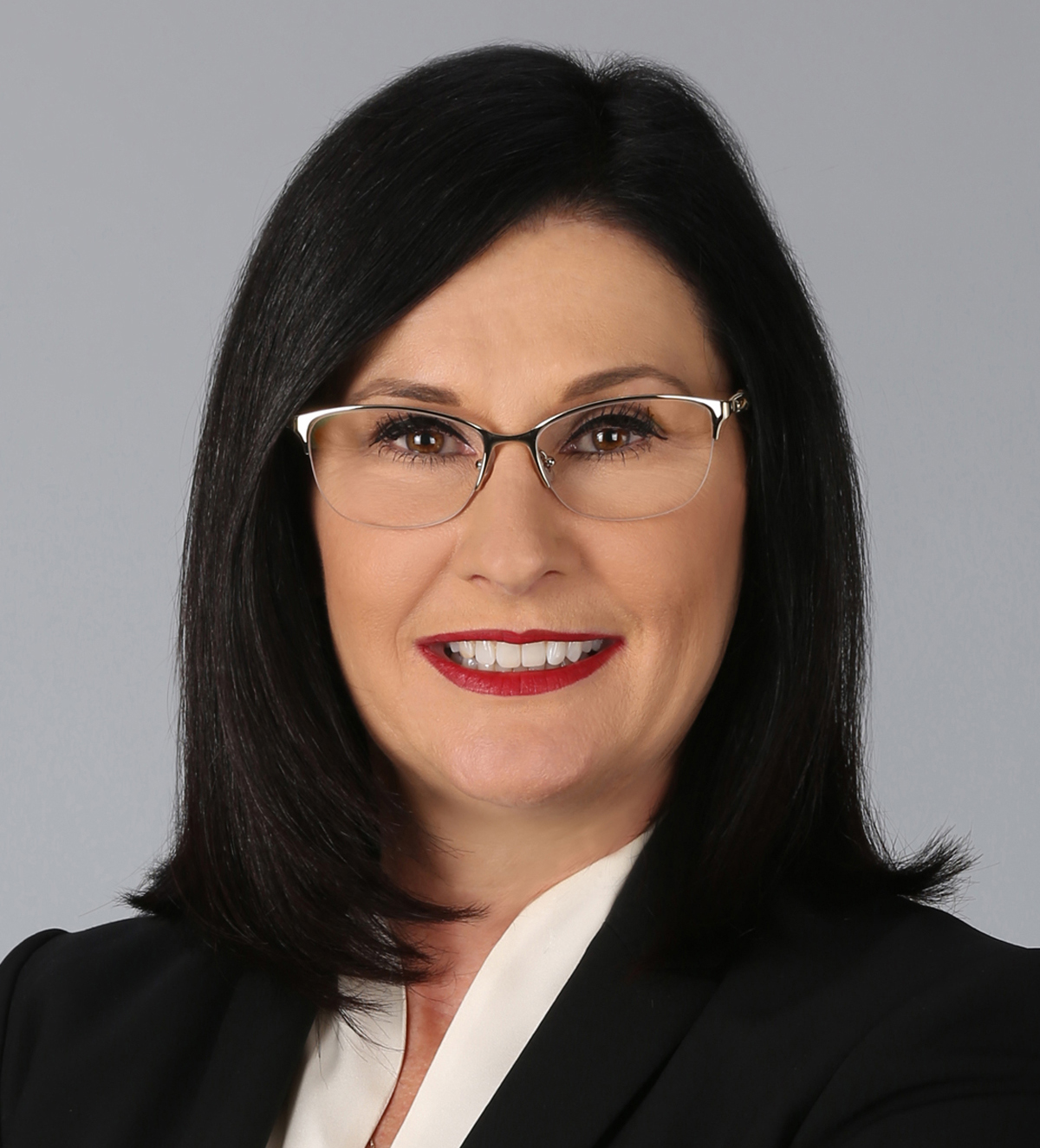[vc_row css_animation=”” row_type=”row” use_row_as_full_screen_section=”no” type=”full_width” angled_section=”no” text_align=”left” background_image_as_pattern=”without_pattern”][vc_column width=”2/3″][vc_column_text]
Confidence is one of the most important aspects of being successful in selling. We frequently misunderstand a salesperson’s outgoing and friendly nature as confidence, but this is not necessarily true.
Often, a person is attracted to sales because they see themselves as a “people person.” We can fall for this trait and ultimately not understand why this person seems to be busy with appointments, but not closing sales.
The ability to say and do what is needed, even if it is uncomfortable, is one of the most important aspects of being a sales professional. When a prospect says something that doesn’t seem right or brings up a “red flag,” the salesperson must ask for clarification to truly understand what the prospect means. A salesperson with a level of confidence, often known as bravery, will not get off track and will recover quickly.
A person with a high level of bravery will not allow misunderstandings to occur without addressing them. Bravery will push the salesperson to do and ask all that they need to in order to reach a positive outcome (and, remember, a “no” can be a good thing). With bravery, the salesperson will have a shorter selling cycle and won’t fall into deeply discounting.
If your salesperson has bravery issues, meaning that they are unwilling to do and say what it takes, especially when it’s tough, this will show itself in a variety of ways. One is allowing the prospect to be in charge of the selling process. Having control of how the interaction should go will be lost without a high level of bravery.
Tough questions might also be an issue. They often won’t ask enough of the right questions to truly get to the core issue.
So how do we find out if a salesperson is vulnerable to this weakness? Here are a few interview questions:
“We’re looking at several qualified candidates. Why you?” Look for them to compellingly sell themselves. Their confidence (or lack thereof) should be apparent.
“I don’t know if we can meet your salary/base pay requirements. What do we do?” They need to show some guts here. If they are OK with making less, then they will be OK with a prospect paying less for your product/service.
Hire right the first time. Make sure they handle these questions well. Don’t be afraid to push, because their prospects will push. ♦
Greta Schulz is president of Schulz Business, a sales consulting and training firm. She is the best-selling author of “To Sell is NOT to Sell” and works with Fortune 1000 companies and entrepreneurs. For more information or free sales tips, go to schulzbusiness.com and sign up for “GretaNomics,” a weekly video tip series, or email sales questions to greta@schulzbusiness.com.
[/vc_column_text][/vc_column][vc_column width=”1/3″][/vc_column][/vc_row]










